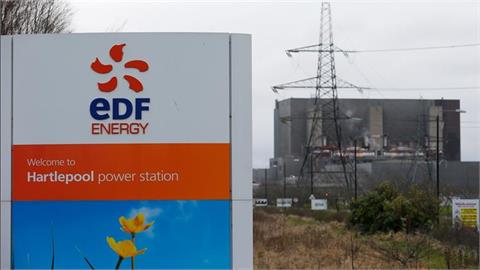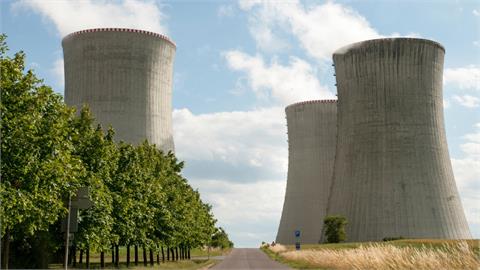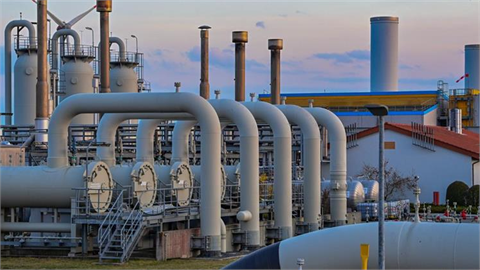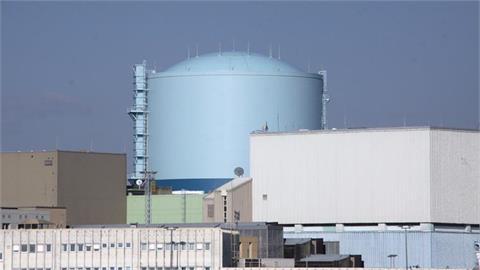by Haley Zaremba* • Currently, about 600 million people living in Africa do not have access to energy at all. • Many African nations are more focused on how to keep up with energy demands by any means than on how to keep up with demand in a climate-friendly manner. • "There has been an 80% reduction in solar prices over the last decade, and an 85% reduction in battery prices.”
Africa’s energy sector is at a crossroads. The continent’s energy demand, as well as its energy industry, are set to expand in the coming decades, and it will take an enormous amount of investment and infrastructure to keep up with demand. The question is where this energy will come from. Some are counting on the continent’s plentiful natural gas reserves, while others are hedging their bets on a renewable future for Africa.
For most of our lifetimes, booming population growth has been synonymous with Asia -- in particular the twin giants of China and India, which are home to over a third (36%) of the world’s total population. The population growth in Asia has now slowed down, however, and Africa has taken the lead. As the population expands, the economy will have to expand along with it, and that will require a whole lot more energy that the continent is currently producing -- or importing, for that matter.
Currently, about 600 million people living in Africa do not have access to energy at all. Many of those who do have access to electricity only have it intermittently, as power failures and rolling blackouts are a common occurrence, even in the continent’s megacities. In rural areas, the puzzle of reliably and securely electrifying the continent is even more complicated. Because electricity from the grid is intermittent and generally unreliable, many Africans rely on gas- or diesel-fueled backup generators, a far from eco-friendly alternative.
Many African nations are more focused on how to keep up with energy demands by any means than on how to keep up with demand in a climate-friendly manner. However, there are some major exceptions. Some countries, such as Nigeria, which already derives 80% of its energy production capacity from natural gas, are planning to rely on their naturally plentiful stocks of this fossil fuel to power their growing cities. Many see this as a compromise between dirtier fossil fuels and renewable energies, as natural gas burns cleaner than oil or coal.
Other African countries are turning to renewable energies such as wind and solar. Ghana, for example, has had great success electrifying its rural countryside through the use of solar-powered microgrids. "There has been an 80% reduction in solar prices over the last decade, and an 85% reduction in battery prices. The combination of those two things is making certain types of electricity provision quite attractive. The most plentiful resource we have is not oil and gas - it's sunlight," Olusola Lawson of African Infrastructure Investment Managers told the BBC. For this reason Lawson feels confident when he says, "By 2050 about half of the new energy installed across Africa is going to be renewable energy."
Local African governments and companies are not the only entities interested in Africa’s energy future -- not by a long shot. For years, China, Russia, and other foreign powers have been slowly edging into the markets there. In fact, early last year, Oilprice reported on a faceoff between Russia and China to develop and dominate the continent’s nuclear energy sector, a push which included Russia foisting unwanted and possibly unneeded nuclear power plants on Egypt.
The question of whether Africa will turn to clean energy to fuel its growing economy is an important one, not just for Africans, but for the world. Just this August, a new landmark report from the United Nations and the Intergovernmental Panel on Climate Change (IPCC) sounded a “code red for humanity,” warning that the window to avoid the worst effects of catastrophic climate change is rapidly closing. As it stands, humans have already irreversibly altered the climate, and it is urgent that the world curb fossil fuel emissions before that problem becomes compounded. What’s more, in a cruel irony, Africa, the continent which has contributed the least to global greenhouse gas emissions, is going to be one of the continents that suffers the most from its effects.
* Haley Zaremba is a writer and journalist based in Mexico City. She has extensive experience writing and editing environmental features, travel pieces, local news in the Bay Area, and music/culture reviews.
(Oilprice.com, Sep 30, 2021)




